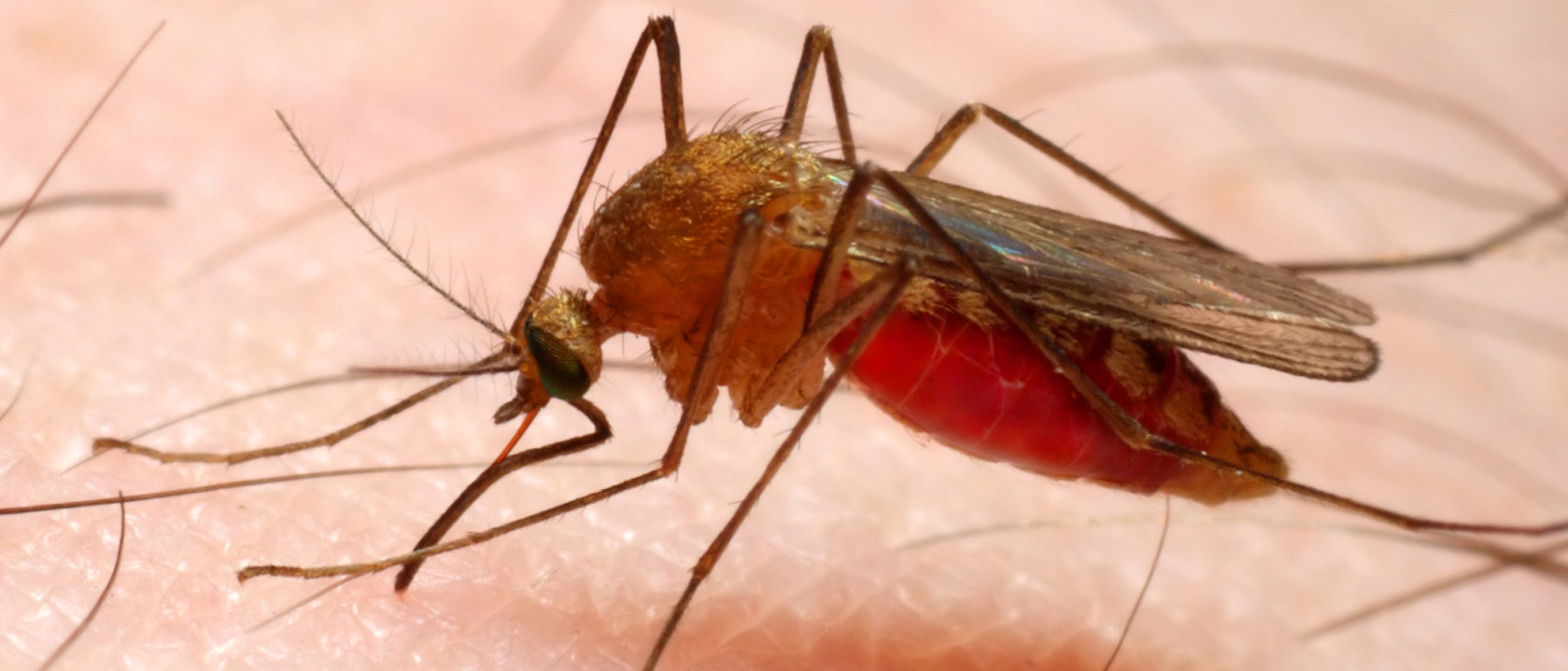Keeping Mosquitoes Away – AVOID BEING BITTEN
If insects do not bite you, there is no risk of disease they carry. To prevent bites from Mossies, you should use a physical barrier such as a net, and/or a chemical barrier such as a repellent.
Travellers should note that most mosquitoes bite between dusk and dawn, but 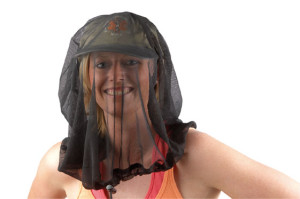 others – especially those carrying dengue fever, are daytime biters. Consequently, in some environments, travellers may need to consider 24-hour mosquito protection.
others – especially those carrying dengue fever, are daytime biters. Consequently, in some environments, travellers may need to consider 24-hour mosquito protection.
Some suggestions to avoid bites are:
- Do not use perfumes, deodorants, aftershave lotions or scented soaps, which attract mosquitoes.
- Regularly apply insect repellents containing ‘DEET’ (eg RID, Repel) or picaridin (Protect) to exposed skin areas according to the manufacturer’s advice.
- Wear long, loose, light coloured clothing.
- Wear shoes both inside and outside.
- Stay in well screened areas.
Sleep under mosquito netting impregnated with ‘permethrin’ wherever possible or in an air conditioned building. - Use an aerosol repellent or an insect coil in your room.
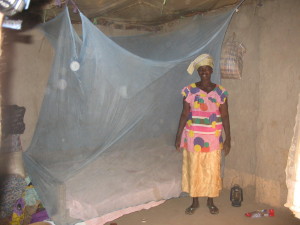
- Cover any food, drinks, compost or garbage.REPELLENTS
When choosing a repellent, it’s worth keeping in mind the duration of your excursion. A major bush walk or jungle expedition will require a higher concentration repellent than a walk in the local park. Or, you’ll need to reapply a lower concentration repellent more frequently.
DEET (Diethyltoluamide, N,N – diethyl-3-methylbenzamide)
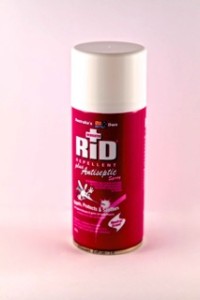 DEET remains the gold standard of currently available insect repellents. It is effective against mosquitoes, sand flies, fleas and ticks and is the active ingredient in RID, Repel and Aerogard preparations. GoodTrips recommends RID products.
DEET remains the gold standard of currently available insect repellents. It is effective against mosquitoes, sand flies, fleas and ticks and is the active ingredient in RID, Repel and Aerogard preparations. GoodTrips recommends RID products.
Protection provided by DEET is proportional to the dose applied, eg 20% DEET will provide protection for 1-3 hours while 30% DEET will provide protection for up to 6 hours. Increased concentrations are not recommended.
While they are generally thought to prevent bites by inhibiting the host seeking stimuli, there is evidence that mosquitoes are repelled by DEET.
Care
DEET can be safely applied to cotton, wool and nylon but may damage spandex, rayon, acetate and pigmented leather. DEET can dissolve plastic and vinyl (e.g. eyeglass frames). When applying DEET and sunscreen, always apply the sunscreen first.
Safety
DEET-containing products up to 30% are safe for children when used according to directions on the label. DEET is not recommended for babies under 2 months of age.
Picaridin
Picaridin (Protect, Avon Bug Guard, Repel New Era) is non-toxi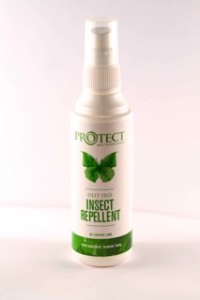 c, does not penetrate the skin and is suitable for anyone 2 years or older. It evaporates from the skin more slowly than DEET and may repel bugs for longer periods.
c, does not penetrate the skin and is suitable for anyone 2 years or older. It evaporates from the skin more slowly than DEET and may repel bugs for longer periods.
Picaridin is an alternative to DEET. It is considered environmentally friendly and will not break down plastics.
Protection
Protection is short and requires reapplication every 2-3 hours.
Aromatic essential oils
Natural essential oils, such as peppermint, pine and lavender are infused in a wrist band (GONE Insect Repellent Band), which is easily clicked onto the wrist. Hair bands have also been made in the same way. The oils are 100% natural and 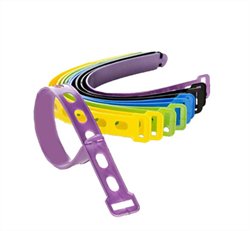 environmentally friendly and are more effective than citronella or geraniol
environmentally friendly and are more effective than citronella or geraniol
The GONE bands come in a re-sealable pouch and may last up to 3 weeks, used at 6 hours/day.
INSECTICIDES
Permethrin
Permethrin is a safe, colourless and biodegradable contact insecticide. It is not an insect repellent and does not protect uncovered body areas.
Permethrin should not be applied directly to the skin, but adheres well to fabrics, especially cotton (Debugger, mosquito nets, head nets) and will survive 5-10 washes in hot or cold water and lasts up to 6 months.
Permethrin is incorporated into bed nets used in Africa and has been shown to significantly reduce malaria in children.
Although not recommended for skin application, permethrin is the initial topical treatment for scabies and its safety is well documented.
SOME MYTHS ABOUT REPELLENTS
There is no evidence that the following products protect you against insect-borne illnesses.
- Combined sunscreen and repellent lotions
- Citronella-based plants, coils, or candles
- Vitamin B1 or garlic
- Ultrasonic products, electrocuting devices, odour-infused traps
- Repellent-containing wristbands, ankle bands or neckbands
ABOUT MOSQUITO BITES
4 things to consider:
- You may not know that you have been bitten. Some insects like the Anopheles Malaria mosquito don’t buzz and don’t leave a welt after feeding.
- Depending on your body’s tolerance, you may not develop hives, welts, itchy or burning skin – signs indicating that you were bitten.
- If you were bitten by a disease-carrying insect, you may be asymptomatic, meaning you do not show any symptoms of the illness. Sometimes, you may even have a mild form of the illness and may think that you just have a flu or a cold, or even an unrelated skin rash.
- A temperature when in a malarial area means you have malaria, until proved otherwise. You do not have flu and you must consult a doctor.

